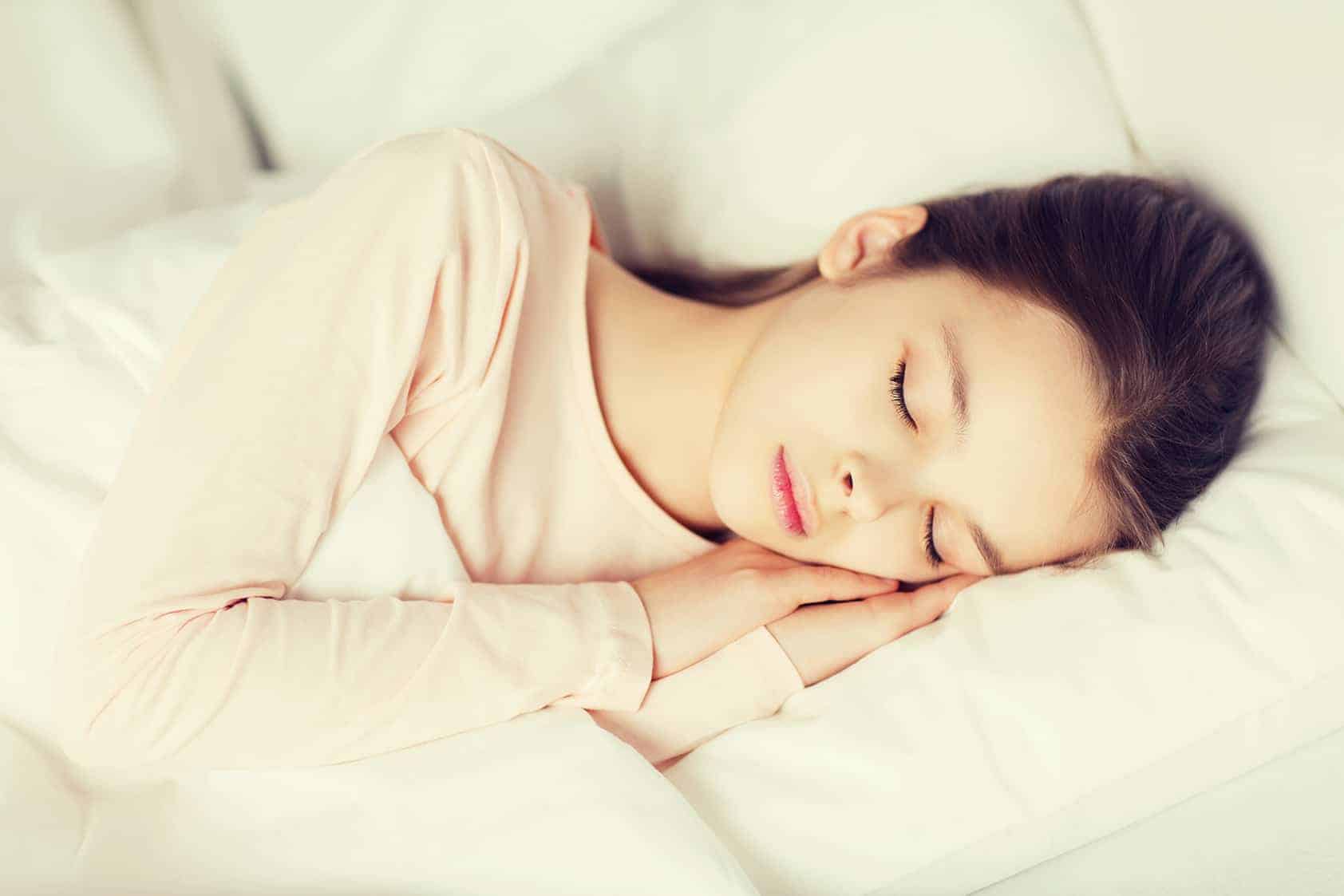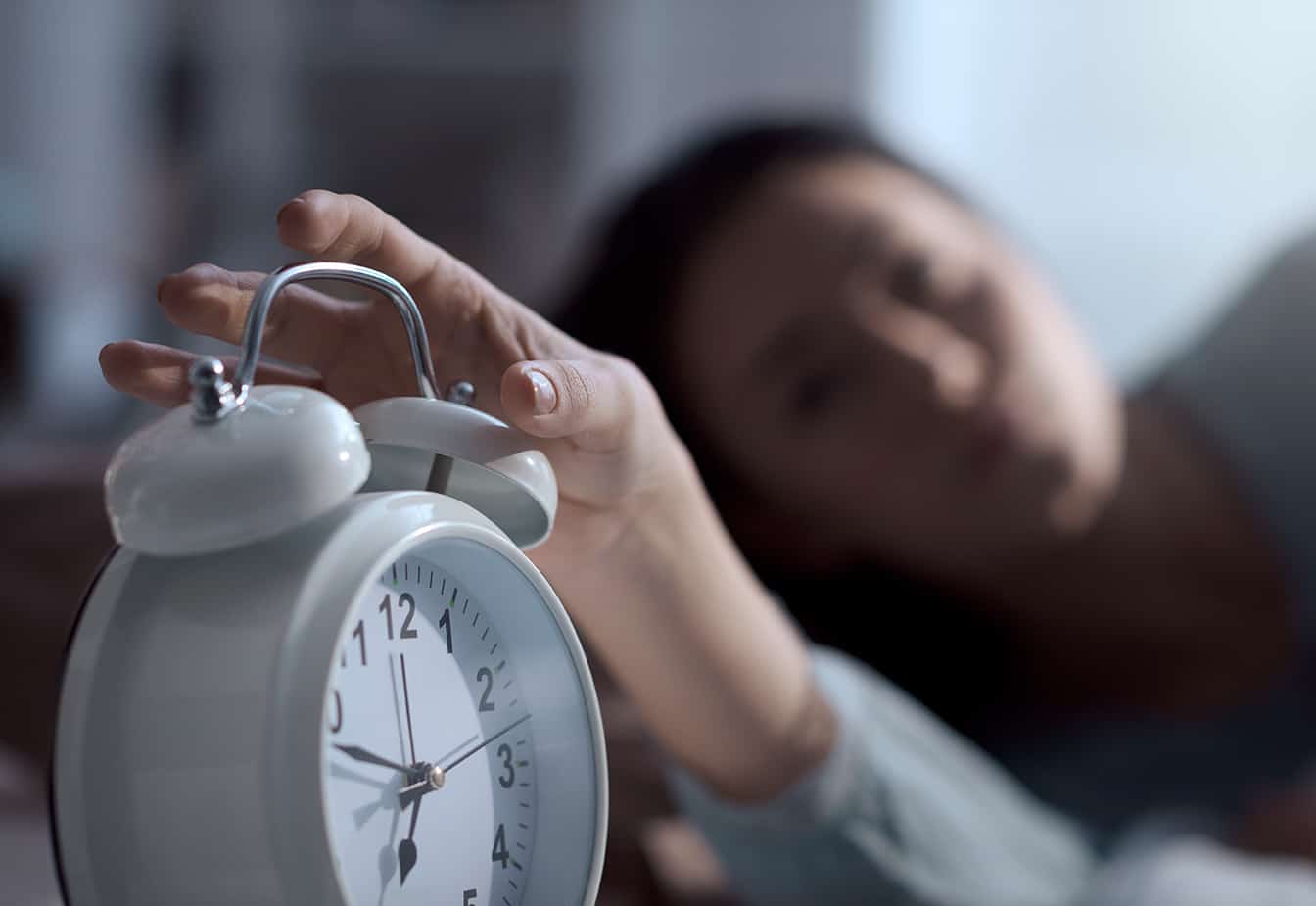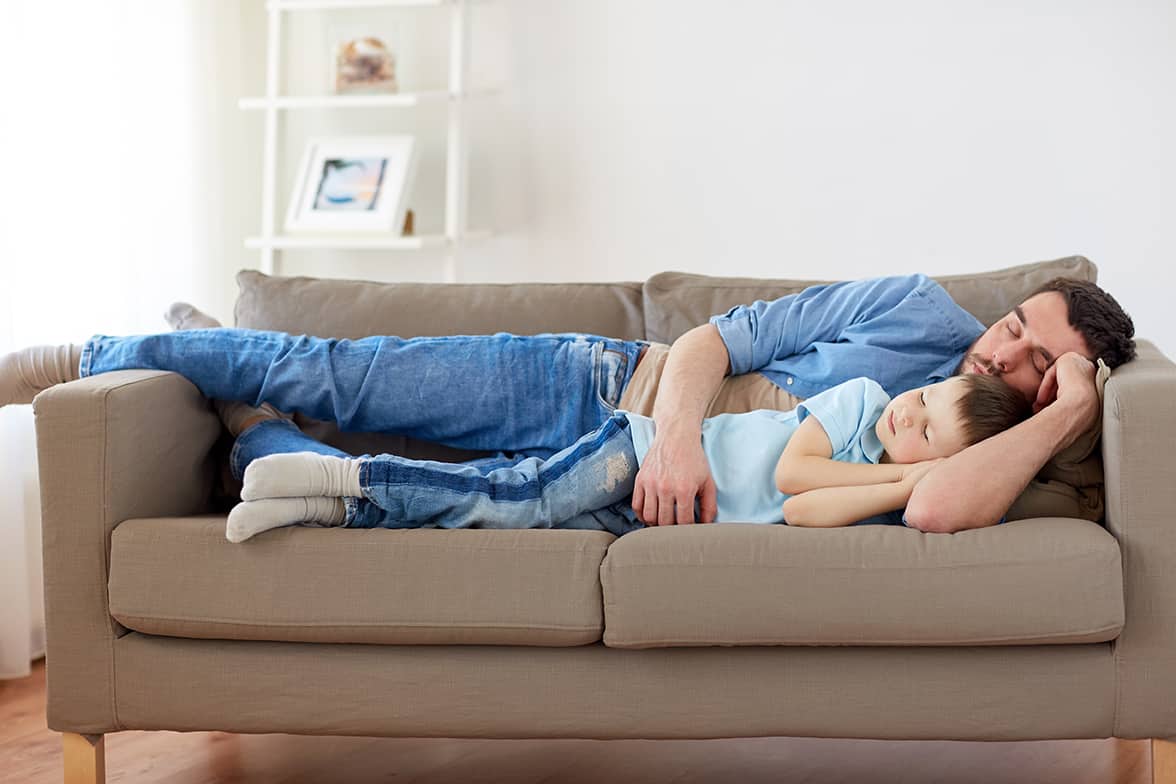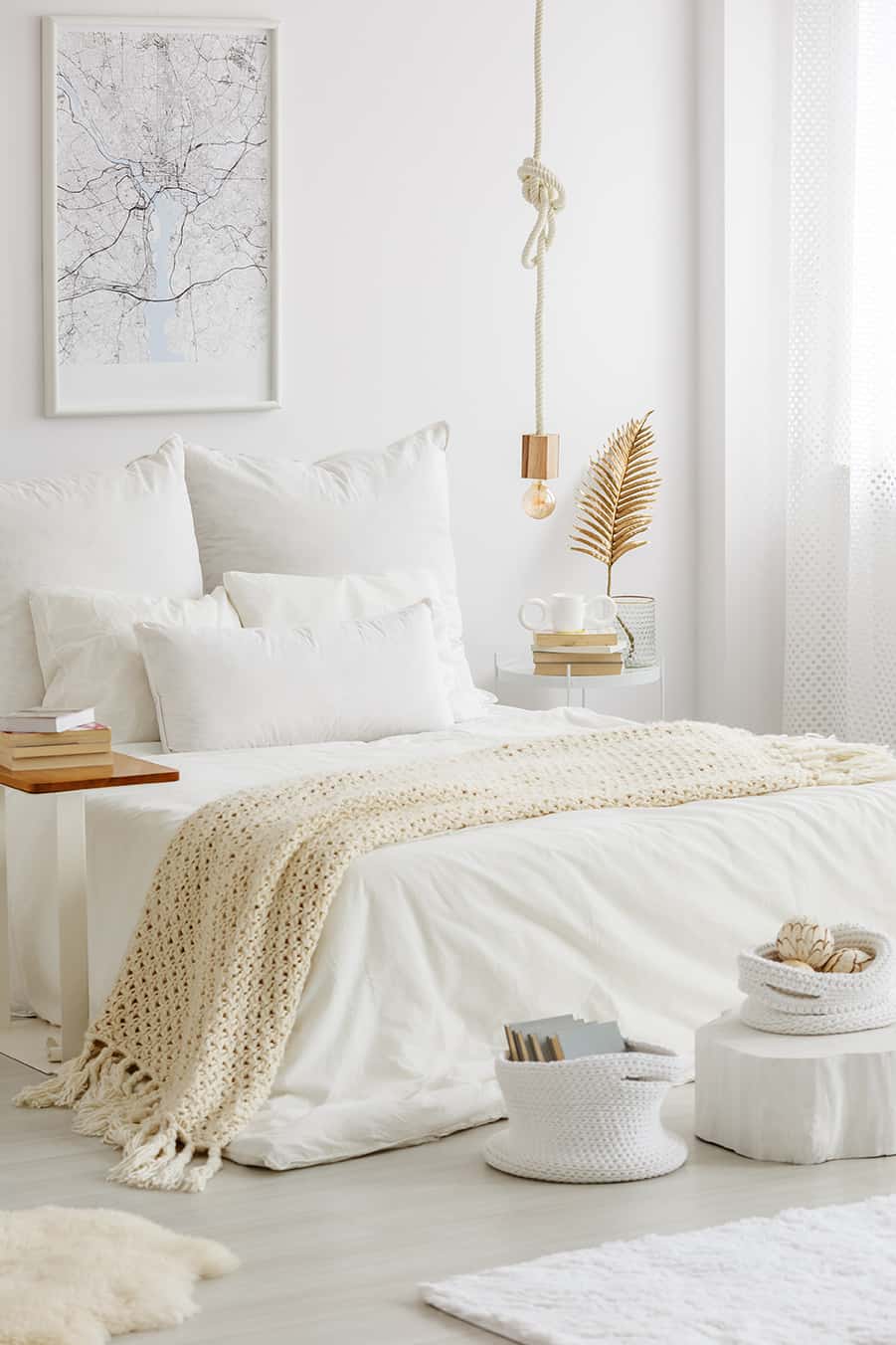How many of you wake up feeling groggy rather than refreshed? Or wake up in the middle of the night with your minds whirling and unable to fall back to sleep again? Or do you have problems getting up in the morning?
We are in the middle of a sleep epidemic with too many distractions and a ‘cannot switch off’ lifestyle. We are getting two hours less sleep than we used to 60 years ago, that’s a 25% reduction from the 7-8 hours our bodies need. What has changed in the last 60 years? Where shall I begin??
We all take electricity, lights, the television and our phones for granted, but it really wasn’t that long ago that these were limited commodities or simply did not exist. We can now order something online late at night and it will be delivered tomorrow, we can go to the supermarket at 3 am. We can chat with friends and family on the other side of the world in a totally different time zone. We can watch catch-up TV or Netflix whenever we choose and we can check our texts and messages as we are lying in bed. Why on earth would we want to go to sleep?
A good nights sleep
A good night’s sleep restores our body both physically and mentally. It’s the time when our brain processes all the things that have happened during the day, laying down memories and learning, changing unresolved events of the day from being something emotive or worrying to just being a narrative and a story that we can deal with. Remember the old adage ‘Sleep on it, you’ll feel better in the morning’? It’s also the time our body rests, repairs and makes new cells. All of these things simply cannot happen effectively if we are not getting enough sleep.

What are the effects of poor sleep?

Lack of sleep causes us to wake up feeling sluggish, half asleep and with brain fog. Making decisions becomes harder and we are much more likely to overreact to situations and feel like we simply cannot cope or, more worryingly, have much slower responses. Studies show that if you are sleep deprived (have had less than 5 hours sleep) you are 3 times more likely to have a car accident.
When we don’t get enough sleep we increase the risk of developing Type 2 diabetes and Alzheimer’s. Our natural cancer-fighting cells reduce by as much as 70% after just one night of 4 hours of sleep. Our cravings for sweet or carbohydrate-rich foods and salty snacks increase by as much as 30-40% when sleep is reduced by several hours causing unhealthy eating and weight gain. We are much more likely to suffer from stress and anxiety when we have less sleep which can lead to mental health issues.
So how can we improve our sleep and maximise the benefits of a good night’s sleep?
We would never dream of giving our children a fizzy drink or getting them too excited before bedtime, if we do, we pay the price for the rest of the evening! Children need a bedtime routine: calmness, a bath, a soothing drink, and a bedtime story. All these are cues to their minds and bodies that it is time to go to bed. But why as adults, do we think we are any different?
If you are struggling with falling asleep go back to basics and create a relaxing routine by following these 5 simple tips:
Build a Routine
- Aim to go to bed at roughly the same time each night and get up at the same time in the morning. You can extend this a little by about 60 to 90 minutes at the weekend. Remember children never seem to know its a Saturday when they jump out of bed at 6.30am. Their body clock wakes them up automatically no matter if it’s a high day or a holiday. When you hit your snooze button and doze or drift back to sleep you enter another 90-minute sleep cycle so your body automatically goes into ‘sleep mode’. If you don’t get up straight away this can leave you feeling groggy and unrefreshed.
Switch Off
- Switch off devices such as phones, iPads and laptops an hour before bed. Set your phone to night-time mode so the screen dims to an orange glow. The blue light emitted from our phones and laptops is the same light that signals to our brain that it is daytime and stops the release of melatonin, the hormone that tells us that we are feeling tired at the end of the day. Aim to get a good 20 minutes of daylight early in the morning to aid the release of melatonin later in the day, and to set your body clock.
Ditch That Afternoon Flat White
- Avoid caffeine after midday. Caffeine stays in our system for 10-12 hours and also blocks the melatonin signals to our brain. Caffeine can also be found in tea, cola drinks and chocolate. A coffee we drink in the late afternoon is still in our system until at least midnight. Would you go to bed and have a quick drink of expresso before you switch the lights out and expect to fall asleep?
Chill
- Relax before bed, make sure you take the time to unwind at the end of the day. Listen to music, read a book (if you use a kindle make sure it’s on nighttime mode), have a hot bath, or a soothing warm drink. Avoid overstimulating your mind, try not to watch nail-biting dramas or films on tv or start that ‘big’ conversation just before bed, avoid watching the late night news (catch it earlier in the day). Don’t try and complete deadlines for work or answer pressing emails late at night. Before the advent of smartphones and laptops these would have had to wait until you got to work the next day.
Your Bedroom is to Relax
- Keep your bedroom dark, cool and gadget free. Make sure your room is uncluttered, calming and restful. Avoid using your bedroom as a makeshift office, cinema or a place to eat, it should be used only for sleeping, and not associated in our minds with other uses.
We need to give our minds and bodies the right signals at the end of every day that it is time to rest, relax and unwind, just like we do with our children.
For more tips and help with sleep issues contact me for a FREE initial consultation. I always give new clients a relaxing audio to listen to every night, this helps to lower stress levels and helps you to fall asleep. Within just a few days of listening to it, clients have noticed a marked improvement.
Comments from previous clients:
“After just one night of listening to the audio, I had the best night’s sleep in months”
“For the last 20 years I only had a few hours sleep a night – I saw Amanda a year ago, and in that time I have only had one night of bad sleep.”

